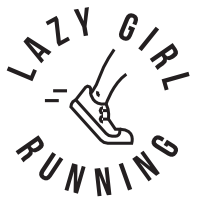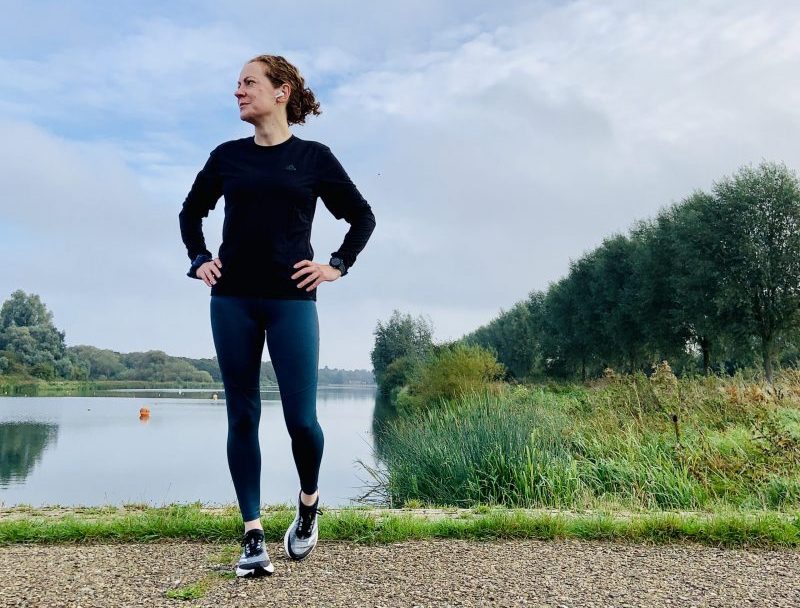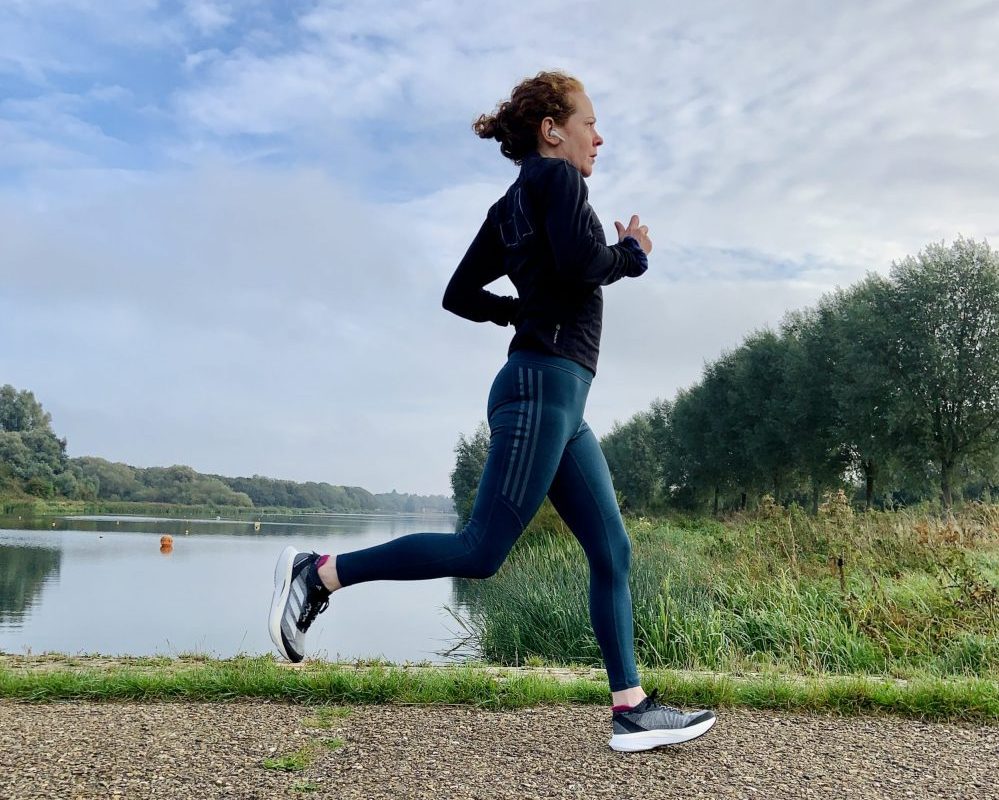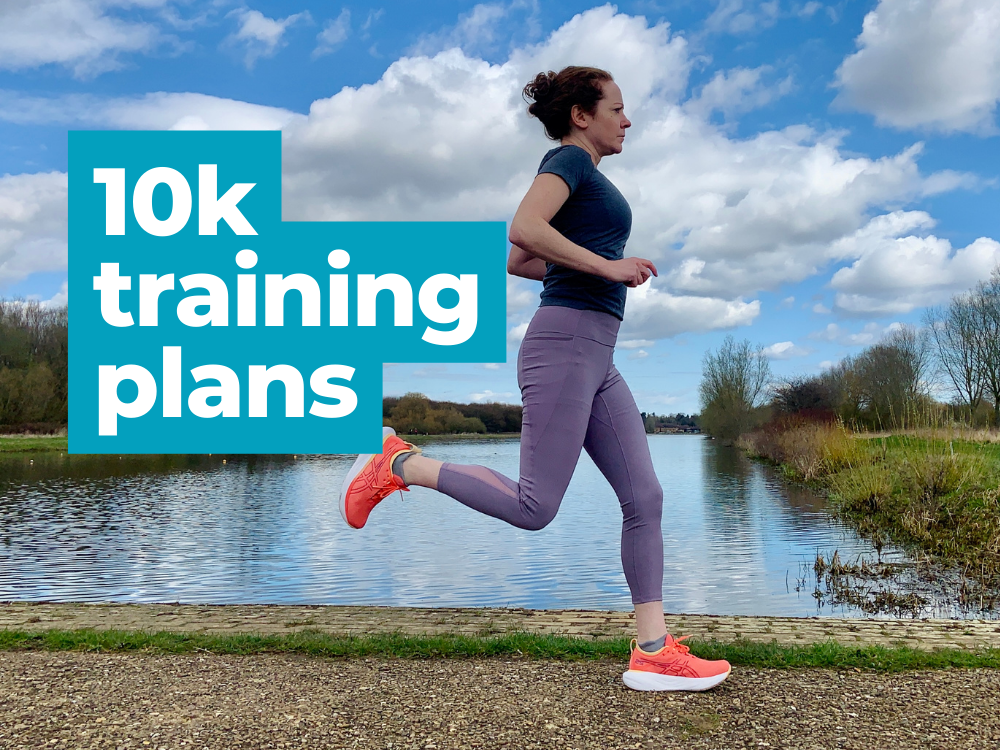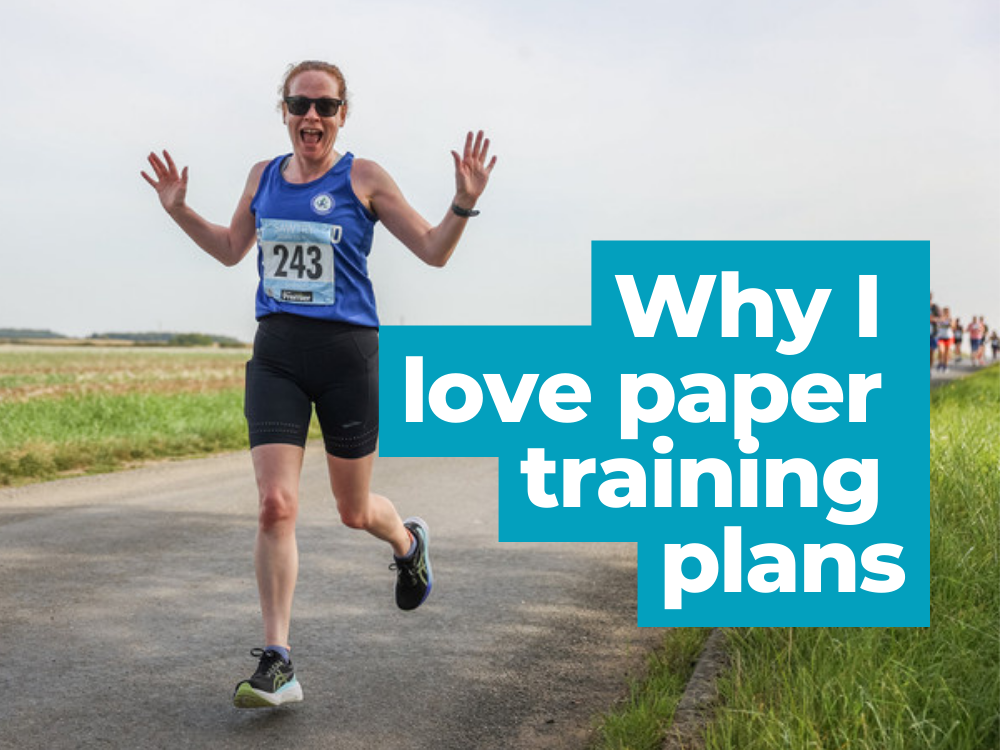This week I’m publishing a series of posts on women’s experience of exercise during and after pregnancy. There have been a series of high profile sportswomen continuing to train and compete in recent months. But what about regular active women? This week I’ll interview a runner, swimmer, triathlete and yoga teacher.
Josephine Perry, triathlete, 7 months post birth
The year before I got pregnant I was training for an ironman, so I was probably doing about 15 hours a week of running, cycling, swimming and Pilates.
I knew from the November that I would be starting IVF in the following January, so I decided to run every day in December to get as fit and healthy as I could for it and because I hoped it would be the last time I would run in a while!
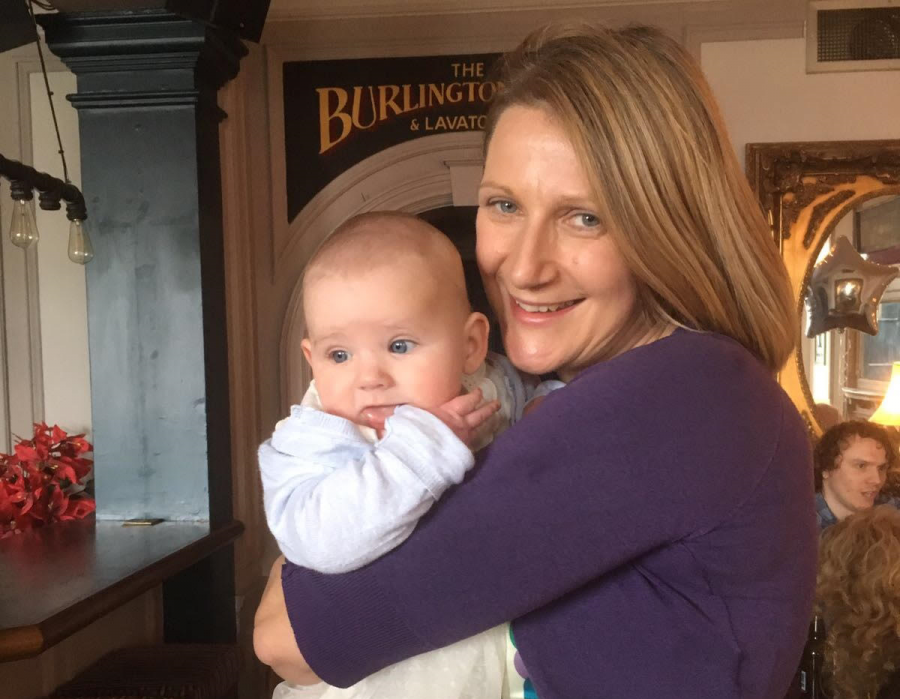
With IVF we were advised, for it to have the best chance of it working, to keep my body temperature low. This meant no baths (my luxury) and no exercise. My NHS area only offers one round of IVF and I was almost 40, so I wanted to follow every piece of advice to the letter to give it the best chance of working.
I stopped exercise completely for the five weeks of treatment and just did lots of walking. Once we found out it had worked I did a little bit on the turbo trainer and cross trainer until my bump got too big at about seven months. I had lost so much fitness during the time off for IVF treatment, I couldn’t really run without worrying my heart rate would get too high and I’d hurt the baby so I didn’t.
I swam when I could, but my local pool is not strong on swim etiquette. The fast lane is often full of old men badly breast stroking and I didn’t want to get kicked in the stomach, so I didn’t swim much. I did sign up to a pregnancy Pilates class using reformer machines and did two classes a week. I also walked everywhere just to stay active.
At about seven months my bump got too big to use the turbo. My husband had cut up a roller and stuck it on the handle bars for me to lean on, but even that got tough so I just went walking lots instead.
I use exercise as my thinking time. It is when I am at my most creative so having that space taken away was difficult mentally to cope with. My husband was still racing, so going to support him and not being able to join in was hard. I signed up to races for this year so I would have something to look forward to.
I put on around 30kg over the nine months due to baby and the fact I wasn’t exercising. Training again when I’m so far away from race weight is really hard – especially running. I’ve got 10kg of that left to lose and now I’ve finished breast feeding I’m making a concerted effort to lose it.
Getting back has been much easier by having a coach who has had two children herself. She understands how to give sessions which are realistic for the time and energy you have and knows that baby always comes first, so training may get written off. I’m mentally trying to reset my PBs so I don’t keep beating myself up about being so much slower. I’m planning on a whole new set of PBPB (Post Baby Personal Bests) instead.
I wonder if those people who have struggled with infertility or previous miscarriages tend to be more cautious with what they do exercise wise through an amplified fear of loss. I’m not sure enough research has been done on what is safe or not. Do you risk losing your baby by exercising or by not exercising? Simple, clear guidance on what is safe and what will help mother and baby to be in the best health would be really valuable.
I have seen pro athletes competing fairly soon after having their babies and that makes sense as it’s their livelihood and they maintain a higher level of fitness from their years of activity. I’ve found it harder when I see other age groupers (people like me) posting pictures on social media of their flat stomachs or their race medals only a few months after birth. That feels like more pressure as it’s a much closer comparison and seeing that they have got back to it quickly can make you feel like you are behind and failing.
Find Josephine on Twitter @josephineperry.
Each woman and pregnancy is different. Speak to your own healthcare professionals about what might be right for you and if at any point something doesn’t feel right, stop and seek advice.
